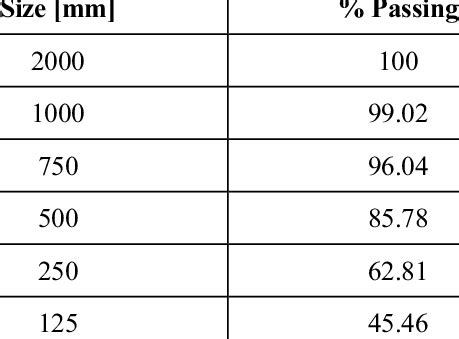Passing is a crucial component of academic achievement, as it determines whether students have met the minimum standards of knowledge and skills in a given subject. The percentage that constitutes a passing grade can vary depending on the educational system, institution, and level of education.

Understanding the Concept of Passing
Passing typically refers to achieving a grade that is equal to or higher than a predefined threshold. This threshold is usually set by educational authorities or institutions based on factors such as curriculum expectations, student demographics, and desired learning outcomes.
Passing grades are often represented as a percentage, letter grade, or numerical score. In many educational systems, a passing grade is typically 60% or higher, although this can vary depending on the context.
Factors Influencing Passing Percentages
Several factors can influence the passing percentages in different educational settings. These include:
-
Curriculum and Learning Objectives: The difficulty and complexity of the curriculum and learning objectives play a significant role in determining passing percentages. More challenging curricula may require higher passing percentages to ensure student mastery.
-
Student Demographics: The characteristics of the student population, such as age, abilities, and learning styles, can impact passing percentages. For example, younger students or students with learning challenges may require lower passing percentages to accommodate their specific needs.
-
Educational Standards: Educational authorities and institutions may establish specific passing percentages to align with their standards and expectations. These standards can vary based on the level of education and the subject matter.
-
Grading Practices: Grading practices, such as the weighting of assignments and exams, can affect passing percentages. More stringent grading practices may lead to lower passing percentages, while more lenient practices may result in higher percentages.
Why Passing Matters
Passing is essential for several reasons:
-
Academic Progression: Passing a course or grade is a prerequisite for advancing to the next level of education. Students who do not pass may be held back or required to retake the course.
-
Certification and Licensure: In certain professions, passing exams or meeting passing requirements is mandatory for certification or licensure. Failing to pass can prevent individuals from practicing their chosen field.
-
Job Opportunities: Passing can improve job prospects by demonstrating a certain level of knowledge and skills. Employers often consider passing grades as indicators of potential job performance.
How Passing Benefits Students
Passing can have numerous benefits for students:
-
Confidence and Motivation: Achieving passing grades can boost students’ confidence in their abilities and motivate them to continue learning.
-
Educational Success: Passing courses is a building block for overall educational success, enabling students to progress through their academic journey and achieve their learning goals.
-
Career Preparation: Passing provides a foundation for career preparedness by equipping students with the knowledge and skills necessary for success in the workforce.
FAQs
- What is a typical passing percentage?
A typical passing percentage is usually around 60%, but this can vary depending on the educational system.
- Why do passing percentages sometimes differ between subjects?
Passing percentages may differ between subjects due to variations in curriculum difficulty, student abilities, and grading practices.
- What are the consequences of failing to pass?
Failing to pass can have consequences such as being held back, required to retake a course, or facing limited job opportunities.
- How can students improve their chances of passing?
Students can improve their chances of passing by attending classes regularly, completing assignments on time, seeking additional support when needed, and studying effectively.
- What are the benefits of passing?
Passing provides students with confidence, academic success, career preparation, and potential job opportunities.
- Is a passing grade always indicative of mastery?
While passing indicates that students have met the minimum requirements, it may not always guarantee complete mastery of the subject matter.
- How do educators determine passing percentages?
Educators typically determine passing percentages based on factors such as curriculum standards, student demographics, and desired learning outcomes.
- What role do grading practices play in passing percentages?
Grading practices, such as assignment weighting and exam difficulty, can influence passing percentages. Stricter grading practices may lead to lower percentages, while lenient practices may result in higher ones.
